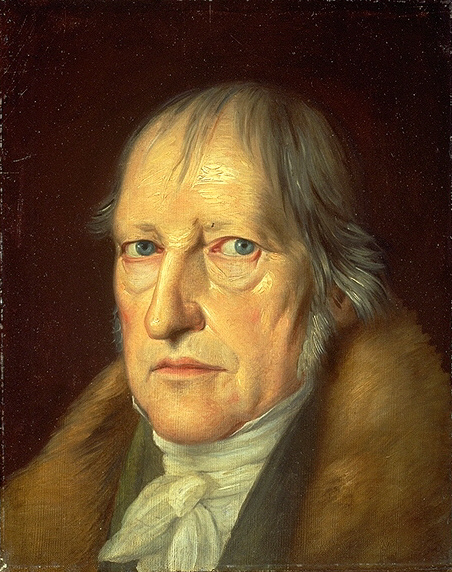
G.W.F. Hegel (credit: Wikimedia Commons)
In this chapter, Philosophy students will notice
parallels between aspects of my ideas and the philosophy of Hegel, and I admit
freely that similarities exist. But I also have some major points of
disagreement with Hegel, which I will explain along the way. For those readers
who are not Philosophy students, please note that I will give only a very quick
version of my understanding of Hegel. If you find the ideas presented here at
all interesting, you really should give Hegel a try. His writing is difficult,
but not impossible, and it has also been interpreted by some disciples who
write more accessibly.1
But in this book, let’s now get back to our
analysis of the world views, values, morés, and behaviour patterns that are
discernible in the history of some of the societies of the West.

Saturn devouring one of his children (Goya) (credit: Wikimedia Commons)
For instance, let’s consider the ancient Greeks,
the ones who came long before Socrates’ time. They portrayed the universe as an
irrational, dangerous place. To them, the gods who ran the universe were capricious,
violent, and cruel, which also described the Greeks’ worldview. Under this
view, humans could only cringe fearfully when confronted with the gods’ testy
humours. Zeus, Hera, Poseidon, Ares, Hades, Athena, Apollo, and the rest were
all lustful, jealous, cruel, and unpredictable. Zeus, especially, had
thunderbolts; Poseidon inflicted earthquakes; Apollo, plagues.
No comments:
Post a Comment
What are your thoughts now? Comment and I will reply. I promise.